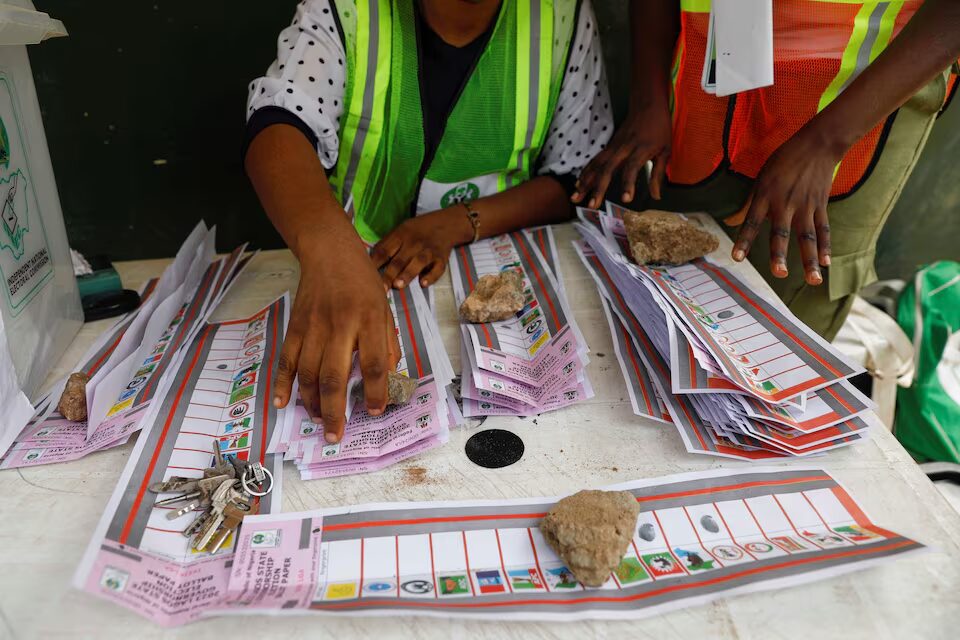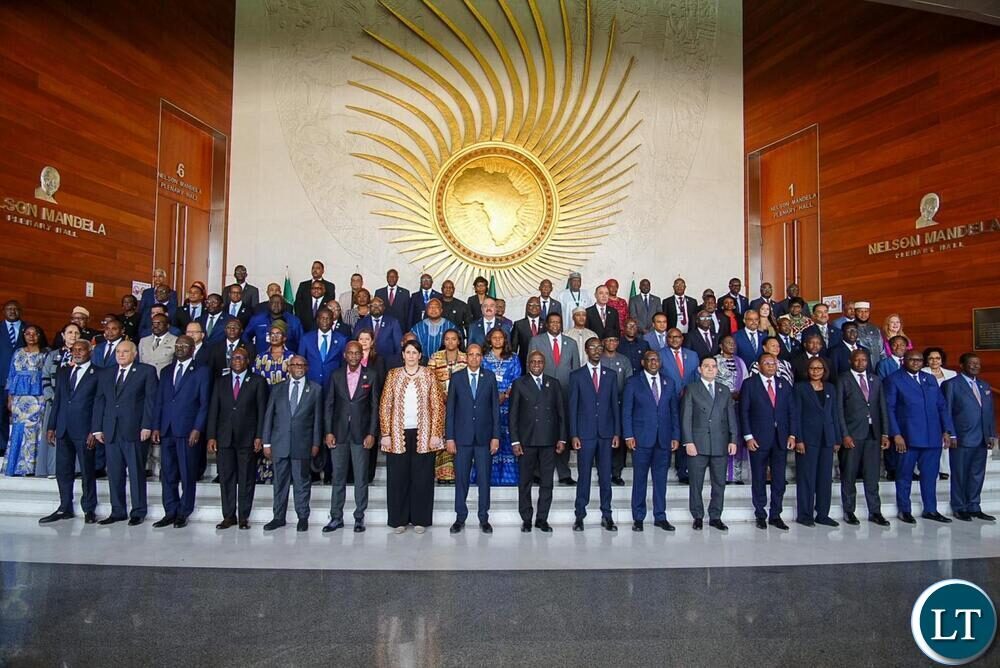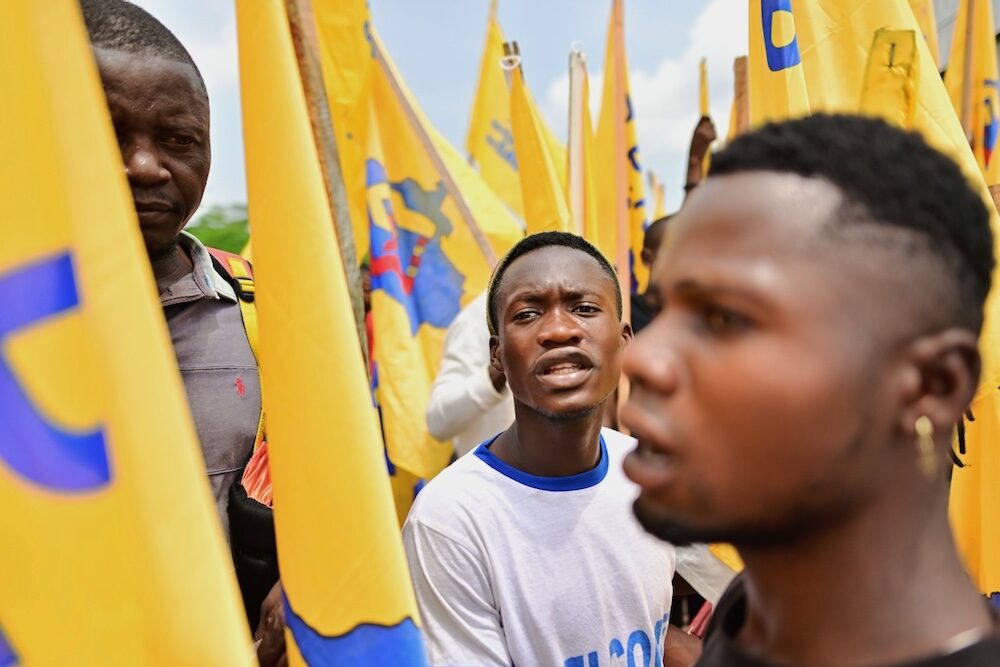
Tuesday 28th October 2025

by inAfrika Newsroom
The El-Fasher crisis deepened today after Sudan’s army confirmed it pulled out and the Rapid Support Forces moved in. The army said it left to “spare civilians.” The withdrawal hands the RSF control of the last major army position in Darfur. The African Union and the United Nations warned of “atrocities,” “summary executions,” and attacks that target non-Arab communities.
Rights monitors, local medics, and army-linked forces accuse RSF fighters of mass killings in El-Fasher. Some groups claim the toll is above 2,000 dead. Those numbers could not be independently verified. Aid groups and UN agencies say they see credible signs of ethnic targeting, sexual violence, and executions of civilians who tried to flee. Moreover, videos shared online — which analysts have not fully verified — show fighters chasing terrified residents, shouting racial slurs, and firing from pickup trucks.
Humanitarian officials say more than 260,000 civilians remain trapped in the city with almost no safe exit. They report severe hunger, little fuel, and attacks on clinics. They also say they see waves of wounded people arriving in nearby towns with shrapnel injuries and malnutrition. Sudan’s wider war, which began in April 2023, has displaced more than 14 million people and driven a health collapse across Darfur and beyond.
The African Union called the El-Fasher crisis a possible war crime and demanded “immediate protection of civilians.” RFI The AU warning matters because it links the violence in El-Fasher to regional stability. Darfur borders Chad and sits on smuggling and refugee routes that run toward Libya and the Sahel. Analysts say RSF control of El-Fasher could harden a de facto partition of Sudan and turn Darfur into a forward base for fighters, weapons, and ransom economies.
Why it matters: The El-Fasher crisis is not only a Sudan story. It is a regional security story and a public health story. If mass killing and siege tactics continue, Chad and other neighbours will absorb more refugees, and clinics that already run on fumes will face another wave of gunshot wounds, trauma, and malnutrition cases. Consequently, the cost of inaction will not stop at Sudan’s border.


